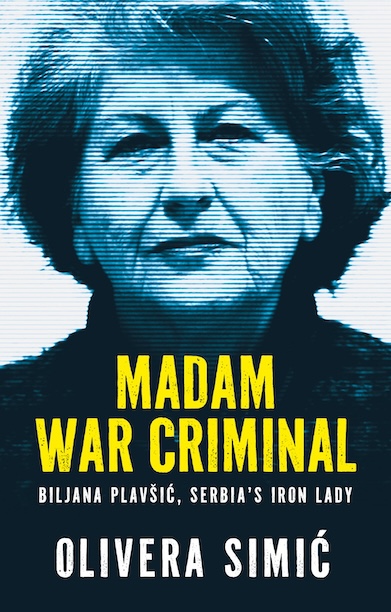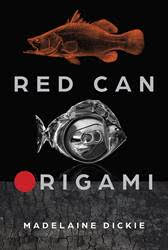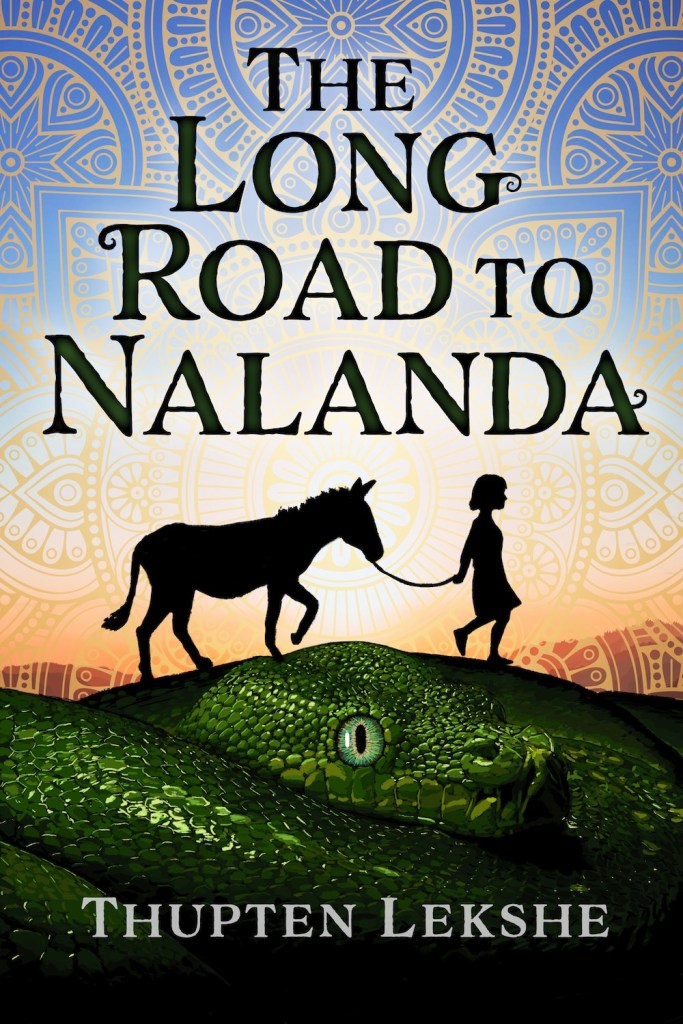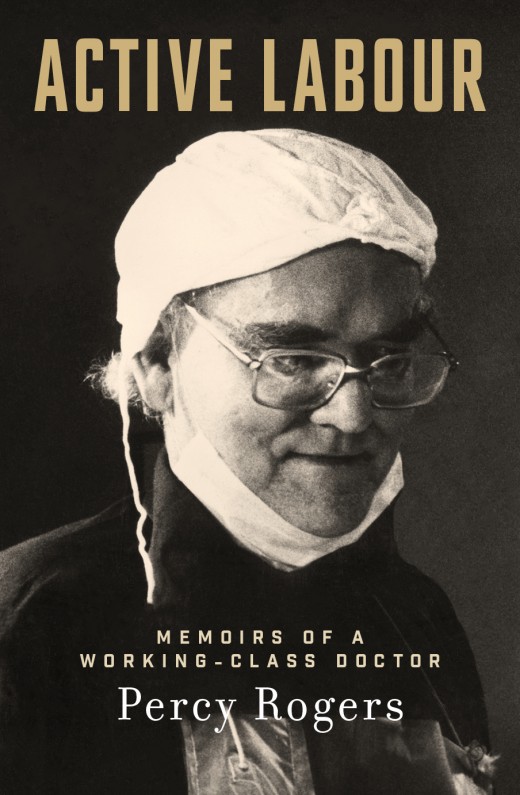
Although ‘principle’ and ‘principal’ sound the same, as do ‘past’ and ‘passed’, they are often used incorrectly in a sentence. These two pairs of words are called homophones — two or more words that sound the same (identical pronunciation), but have different meanings and sometimes different spellings. The term homophone comes from Greek ‘homo-’ (same) and ‘-phone’ (sound), so the […]

And so, the end of 2021 draws near after another year of living with a global pandemic. Life has been tough and colourless for so many. I’ve been fortunate to find colour in the writing of so many talented authors as they refine their unpublished manuscripts—both fiction and non-fiction. And although I don’t get much time to read published novels, […]

Life is precarious — even more so since COVID-19 infiltrated our lives a year ago and we’ve had to learn to live with daily uncertainties. But compared with other countries, Australia is perhaps ‘luckier’ than most (I think of Donald Horne’s 1964 book ‘The Lucky Country’). So, although I do feel ‘lucky’, I am a Melburnian who is suffering withdrawal […]

As the working year like no other winds down, there is no better time to find some personal space to reflect and re-energise. I suggested to an author, whom I’ve been mentoring for more than a year, to book a free timed-entry ticket to our local art gallery to help her unwind, refresh, or maybe even invigorate her ideas. The […]

A few years ago, an author of nonfiction whom I was mentoring as she wrote her new book, shared with me an interview she’d been listening to. The interviewee was Barbara Kingsolver, acclaimed author of historical fiction. Kingsolver was talking about the difference between fiction and nonfiction, and suggested that writing a novel is like creating a garden in the […]

When I am approached by a writer about her or his writing project, I am always curious. I try to gain an understanding of what motivates the author to write about a certain subject or character. Even though there may be a deep desire to write a specific story that focuses on a theme or satisfies a genre that interests […]

Many writers are often unsure whether to hyphenate or not to hyphenate a descriptive word combination in a sentence. We all know there are often exceptions to a ‘rule’ in grammar-talk, and many word combos that have required a hyphen to separate them in the past, such as ‘on-line’, ‘stand-alone’ and ‘proof-reader’, are now morphing into one word. When editing […]

Due to the insidious COVID-19 pandemic, people around the globe are bunkering down to try and stop the coronavirus from spreading further. During May, I am discounting my writing consultancy fees. I want to encourage you to write, or keep writing. If you’re well on the way with your writing project, but it’s been sitting on the back-burner of your […]
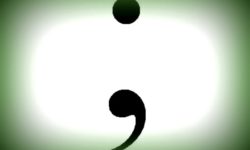
These days, according to what I read, there is no doubt that the semicolon is considered old-fashioned and not commonly used in sentence construction. Editors and proofreaders have been known to be severely castigated by authors for adding a semicolon when copy-editing their manuscripts. I don’t use semicolons very often, but there are times when a semicolon is the perfect […]

Silence is a tool that writers of fiction can use to great effect. By silencing a character in a poignant moment, emotion is heightened; interrupting action with silence can magnify drama; allowing a character to inhabit a space devoid of action allows time-out and an opportunity for reflection. For examples of silences in literary writing, seek out authors such as […]











